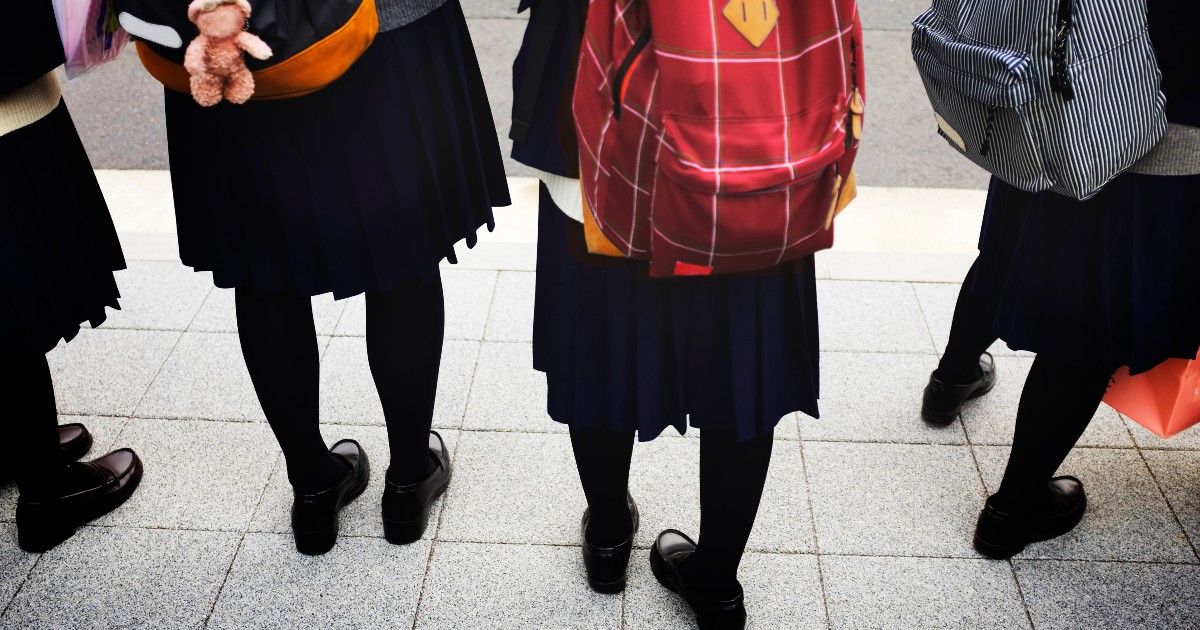Pearson’s (Edexcel) plan to introduce typing options for GCSE English exams by 2025, potentially leading to fully digital exams across all subjects by 2030, signifies a monumental shift in educational assessment. While the initiative aims to modernize exams, it also brings to light critical concerns about losing traditional skills and potential ethical issues. As an observer and participant in this evolving educational landscape, I must question the motives behind such decisions and their far-reaching implications.
The Shift from Handwriting to Digital: A Historical Perspective
Educational advancements, like calculators and GPS, have historically altered skill development and cognitive functions. This move from handwriting to typing is not merely a tool change; it represents a fundamental shift in learning dynamics. The concern is not just about a decline in handwriting skills but about a broader transformation in cognitive and learning processes.
Ethical Considerations and Underlying Motives
Behind Pearson’s push for digital exams lies a complex interplay of motives. While modernization and efficiency are stated objectives, there’s more at play. The move raises ethical questions about over-reliance on technology and its implications for foundational educational skills. It feels like a precursor to a more profound change – the introduction of AI in marking systems.
Personal Viewpoint: The Risk of AI in Education
My stance is clear: the current state of AI technology, with its inherent biases and limitations, needs to be more robust for such a critical role in education. Studies have shown AI’s susceptibility to biases based on race or social background, casting doubt on its reliability and impartiality in marking. This isn’t just about streamlining the education system; it’s about the potential erosion of its integrity. Are we ready to entrust our children’s futures to algorithms that may not be as impartial or nuanced as we need?
Legislative Push and its Implications
There is a legislative push for digitalization in education without adequately considering these negative impacts. This raises a significant question: Are the people responsible for shaping our children’s future education making the right decisions? The intent behind these reforms is geared more towards efficiency and cost-cutting rather than genuinely enhancing educational outcomes.

Negative Implications of On-Screen GCSE Exams
The digital transition poses several risks:
- Creativity and Expression: Standardized digital formats could stifle individual expression and creativity.
- Digital Divide: Students with limited access to technology face a disadvantage.
- Undermining Handwriting Skills: The value of handwriting proficiency could be diminished.
- Automated Marking Concerns: AI-based marking systems may lack the subtlety and nuance necessary for fair evaluation.
- Privacy and Security Issues: Digital exams introduce new data privacy and security vulnerabilities.
Balancing Benefits with Concerns
Despite these apprehensions, digital exams offer advantages such as cost savings, increased accessibility, and alignment with modern digital practices. However, these benefits must be weighed against the potential drawbacks, especially when considering the future introduction of AI in marking systems.
Pearson’s proposed shift towards on-screen GCSE exams, with the potential backdrop of AI integration, signals a critical turning point in education. While embracing digital technology is inevitable, it must be approached with caution, considering its impact on foundational skills and the potential biases of AI. As we navigate this transition, it’s imperative to critically evaluate the motives of those driving these changes and ensure that our education system remains a fair, inclusive, and effective platform for learning.

